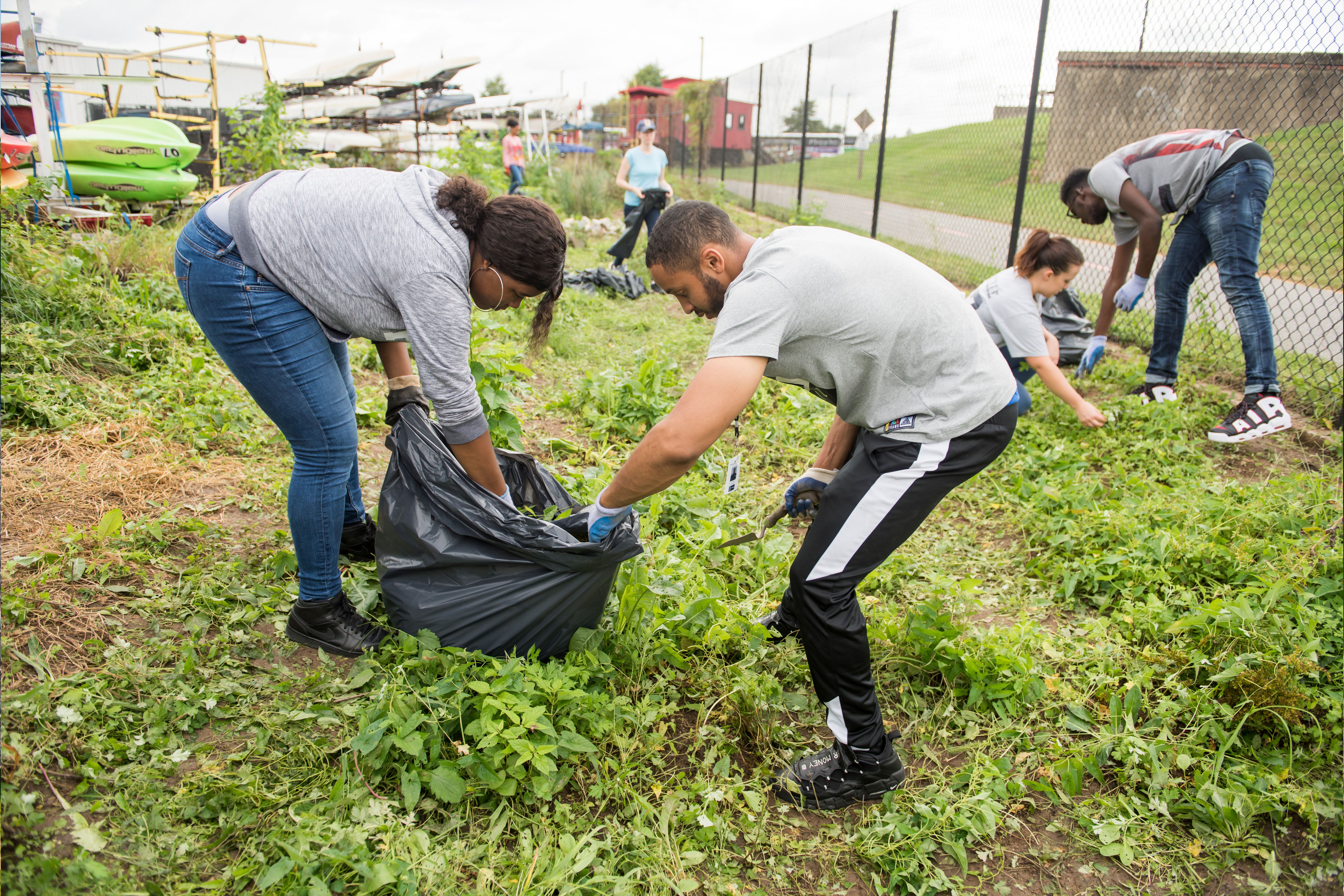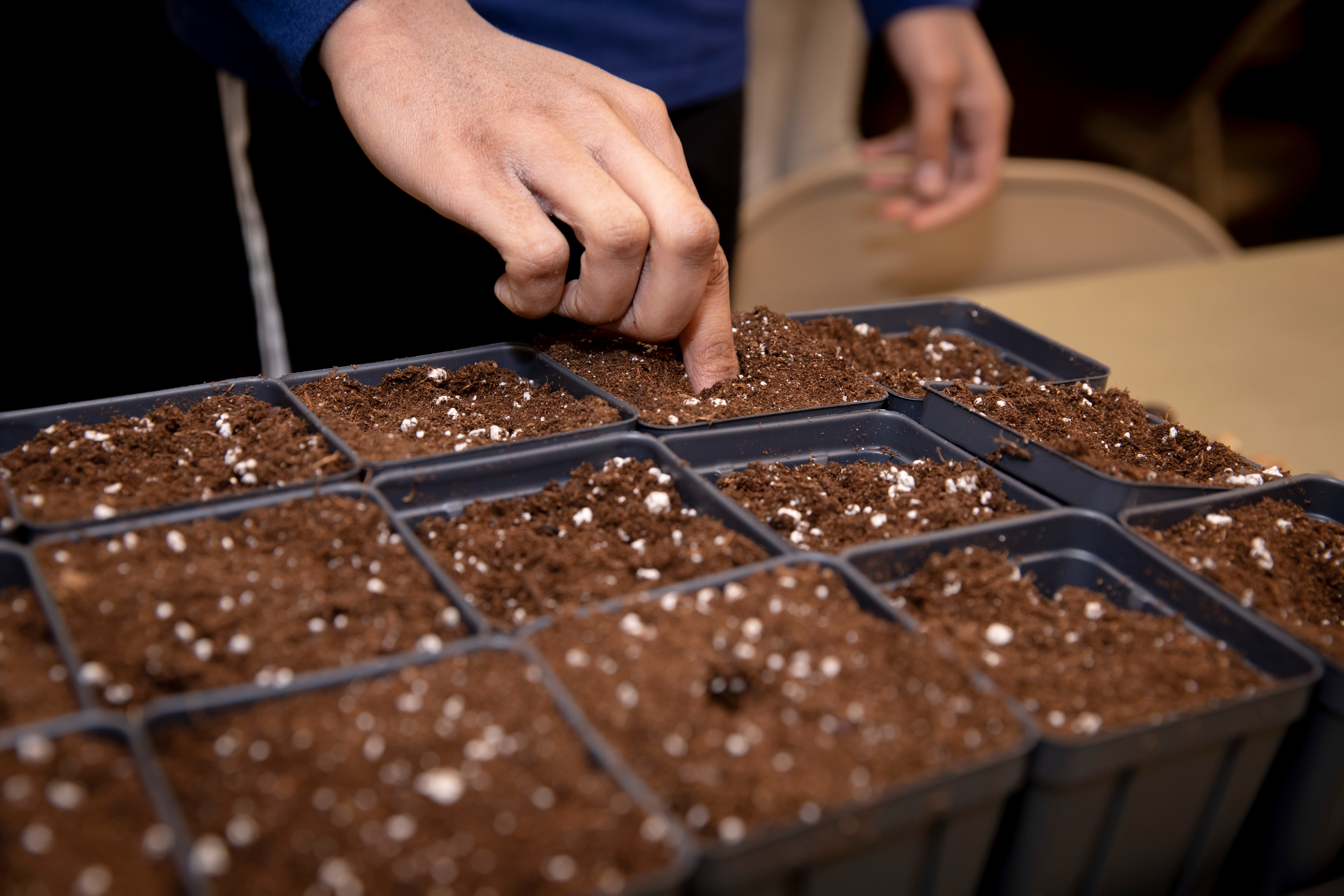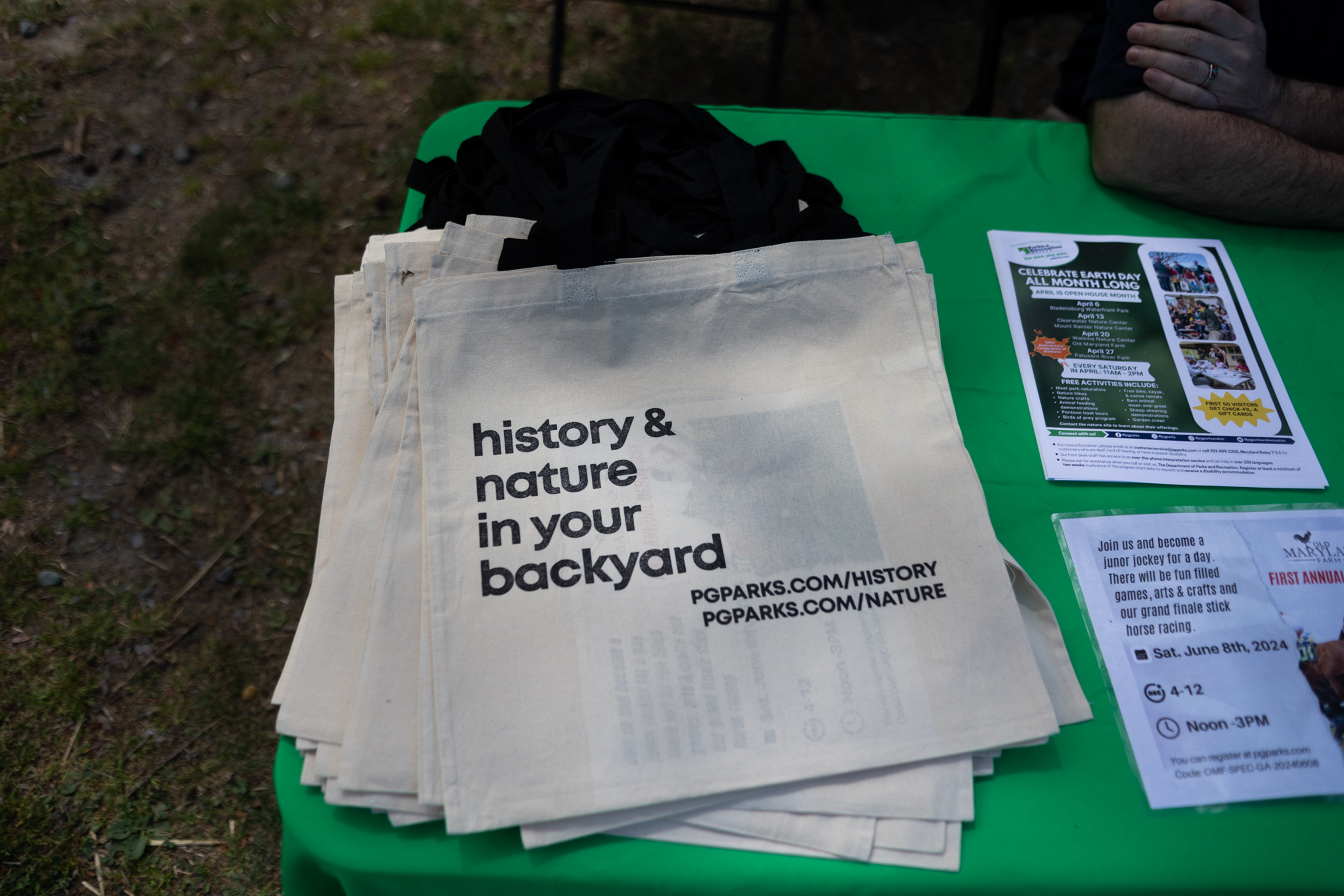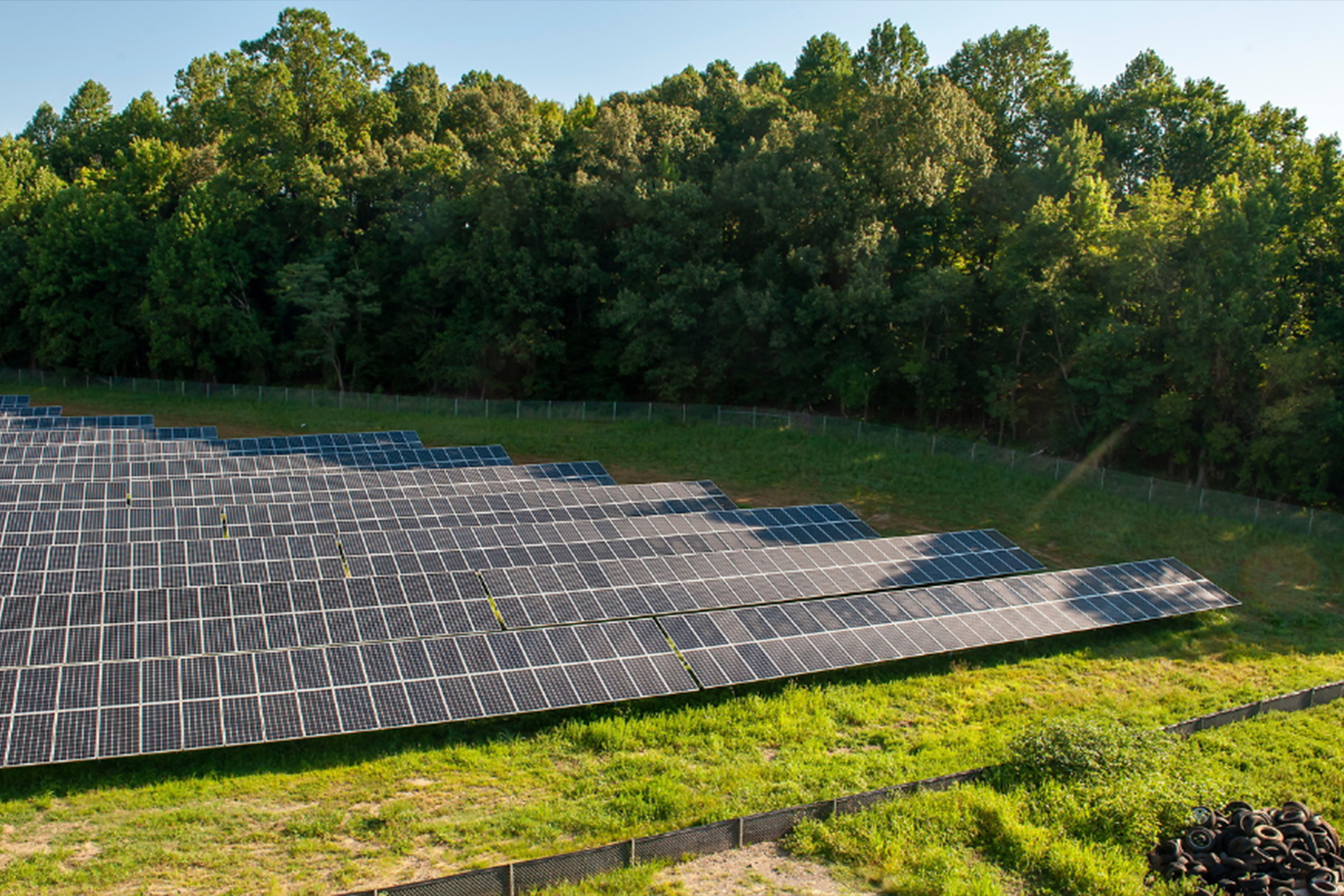Sustainability
Sustainability Goals
M-NCPPC, Department of Parks and Recreation, aims to conserve and protect the natural spaces and species that call Prince George’s County home. The Department is committed to following the tenants of One Planet Living, an international framework designed to create a world where everyone, everywhere lives happy, healthy lives within the limits of the planet, leaving space for nature.
There are three pillars of sustainability—environmental, social, and economic. Through the Department’s creation of new parks, local jobs, and access to green spaces, we are already contributing to the three pillars of sustainability; but we know we can build upon our successes. The Sustainability Action Plan helps to guide steps forward to a brighter future for all, be they persons, plants, animals, or insects.
What is the goal?
Due to the impact and effects of climate change on the community, M-NCPPC, Department of Parks and Recreation will implement effective solutions to some of the greatest challenges by impacting area stormwater, increasing air quality in and around parks, and providing residents and visitors with opportunities to truly connect with the natural world.
Sustainability Efforts
The M-NCPPC, Department of Parks and Recreation is always experimenting with various sustainability initiatives and researching best practices to implement. Below are some of the projects going on Department-wide:
Increased hybrid and electric vehicles to almost 15% of the total passenger fleet inventory. Invested in an all-electric excavator and tire loader successfully diverting over 115,460 kilograms of carbon dioxide over the course of their lifetimes as compared to similar diesel models. This is equivalent to over 14,500 homes’ total energy use in one year.
Expand wild rice program along the Patuxent River and launched innovative tracking system of the Sora Rail determining migration patterns. The Pollinator Project will include 15 acres of meadow on ten sites, Sustainable Design Landscapes which focuses on 80 percent straight species native installations, and expand the Bee Keeper Collective.
The Department launched 2.5 MWh solar field which totally offsets the energy use from the Department’s largest maintenance facility and a few community centers. Solar retrofits at Commission properties including BWP and Kentland are the start of a larger energy retrofit plan to help meet energy needs in an earth conscious way.
The LED light program is helping facilities to change over from incandescent and fluorescent bulbs to LED bulbs. We’re also implementing LED conversions of ballfield and parking lot lighting and even starting the charge toward solar pole parking lot lighting. This project aims to reduce our energy dependence and pave the way for more solar Department wide.
Five facilities designed to meet LEED certification standards and expanded removal of invasive plants to include more than 15 sites.
In partnership with ECO City Farms, the Prince George’s Soil Conservation District (PGSCD), Prince George’s Food Equity Council (FEC), and The Capital Market of 20743 at Mary and Main, launched the Urban Farm Incubator space at Watkins Park. The project aims to provide support for beginning farmers to launch new farm-based businesses in Prince George’s County using regenerative, certified naturally-grown, and organically-grown agricultural best practices.
Our plan
The ten focus areas of One Planet Living: health and happiness; equity and local economy; culture and community; land and nature; sustainable water; local and sustainable food; travel and transport; materials and products; zero waste; and zero carbon energy are helping us to transition from being sustainable to being regeneratively sustainable—actively healing the damage done to the earth by previous generations. Below are some of the targets we hope to achieve by 2027:
Net decrease in levels of local air pollutants in and around our parks
50% of goods and services by value to be local
40% of after school programs at community centers make sustainable living a core part of their curriculum
Net positive or neutral distribution of native trees on commission land
100% of water used for irrigation to be non-potable
50% of fresh vegetables used in catering and concessions to be from local farms (within a 50 mile radius)
30% replacement of passenger fleet vehicles with comparable EVs
100% of new construction and retrofits/renovations to have a sustainable materials strategy
Development of a staff training on recycling with updates each year by FY24
20% of energy consumed is from non-polluting renewable energy sources preferably on site or on Commission land
Utility Provider EV Charging Initiative
M-NCPPC, Department of Parks and Recreation entered into a joint master agreement with PEPCO to develop pay-for-charge EV charging infrastructure on park property and is in the process of onboarding other utility providers SMECO and BGE. This exciting program will help our region and our county to scale up to meet the future demand at no cost to the Department. Over the next three to five years, PEPCO, BGE, and SMECO will be installing EV charging ports of both DC fast charge and level 2 charger varieties at over 20 sites Department-wide. While developing the mix, we strived to support our rural, suburban, and urban tiers. To date, PEPCO has installed at 14 sites across our system with 46 chargers under their belt providing pay for use charging to our residents while they use our parks and facilities. M-NCPPC looks forward to further development of this program in the years to come.




